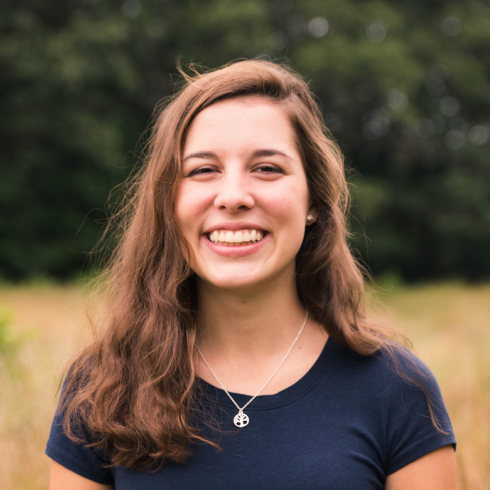I’ve already written about how much I like the metro. On my many metro trips the past few weeks, I’ve spent some time reflecting on why.
There’s something about the metro that feels comfortable to me. In a big city such as Paris, it’s easy to get lost or feel lonely. But on the metro, I’ve found a community. I’m surrounded by strangers, yet they feel familiar. During my short trips (just a handful of stops), I observe the people around me. I can see into their lives through what they’re wearing, what they’re carrying, or what they’re saying (on the phone, to a friend/partner). When they step off the train, I feel like I’ve learned a little bit about them. It’s this idea of intimate anonymity: I know very little about my fellow passengers, but what I do know are specific details that feel private, intimate. I don’t know their names, where they live, what they do for work or for fun. I will probably never see them again. We don’t exchange words, just the occasional eye contact. And yet when they depart from the metro, I feel like saying goodbye, or thanking them for our time together.
This idea of intimate anonymity is not new (though I wish I could claim credit). It is a theory that influences urban planning in order to create spaces that cultivate community. In Hillel Schocken’s essay “Intimate Anonymity: Breaking the Code of the Urban Genome,” he writes that “the city is a place that allows human beings to form relations with others at various levels of intimacy while remaining entirely anonymous.” The metro is one such place where these anonymous relations form effortlessly. You will never be with the same people again, but you feel connected to them nevertheless.
Schocken writes that “The notion of community is most readily expressed in the idea of a small, homogeneous and intimate village or neighborhood, where everyone knows everyone else and feels more or less comfortable in a familiar setting.” Growing up in a suburb and then attending a small college, my idea of community was that it had to be small. Community to me was walking through campus and being able to recognize everyone I saw, exchanging “hello”s and “how are you”s in passing. It was knowing my neighbors on my dorm floor, eating together in a dining hall, and sharing a common experience.
With this sense of community, I was naturally nervous about studying abroad. Living in a big city intimidated me, and I worried how I would find my place with so many people and so much going on around me. My metro trips have expanded my view on what community is. It is no longer confined to smaller sizes, nor does it depend on deep relationships with people or places. My community now is made up of all the people I encounter, minutes at a time. It is the ten-year-old skateboarder who gives up his seat for an older woman. It is the couple that exchanges a passionate kiss before parting ways. It is the woman who reads a few words on her Kindle and then skips to the end of the chapter. It is the service dog that assists its blind owner in finding a seat on the train. It is the mother who quizzes her daughter on the names of her cousins. It is the young man whose eyes meet mine, flick away, return. These people have woven themselves into my community and made me feel that there is a place for me in this big city.

Julia Himmelberger
<p>Hi! My name is Julia (she/her) and I'm from Wellesley, MA. I study French and Political Science at St. Olaf College. I love to read, play ultimate frisbee, and swim!</p>










